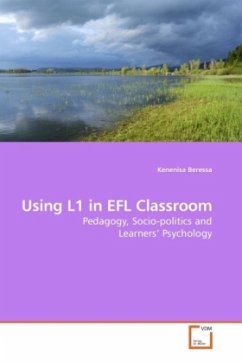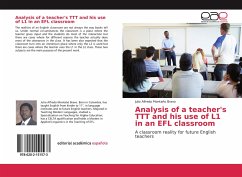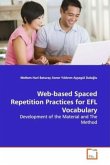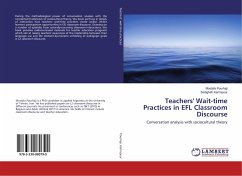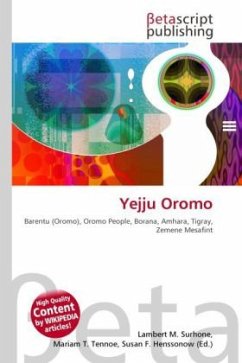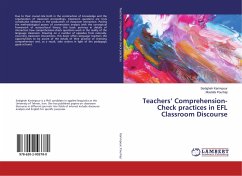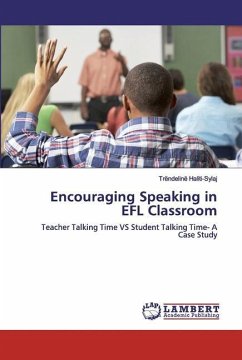The use of learners mother tongue in the second language classroom has been a bone of contention among educators. Many of them have believed that L2 has to be used exclusively. L1 use has been considered as a taboo subject, source of guilt and teachers weakness to teach properly. The major arguments against L1 use are to provide L1 learners with maximum target language, to reduce L1 interference, and to avoid learners dependency on translation. Scant attention has been given to the roles of students L1 as a result. Nonetheless, the book presents a challenge to this monolingual approach and strengthens a shift of views witnessed in this regard among educators at present. The work advocates the need to recourse to learners L1 when it merits the situation. The book, therefore, throws light on the benefits of L1 in the areas of pedagogy, socio-politics and learners psychology. This, in turn, has a clear implication for L2 teaching methodology in the bilingual and/or multilingual classroom contexts. The book is significant for language methodology trainers, materials developers and syllabus designers to rethink the appropriateness of the monolingual orthodoxy to L2 teaching.

